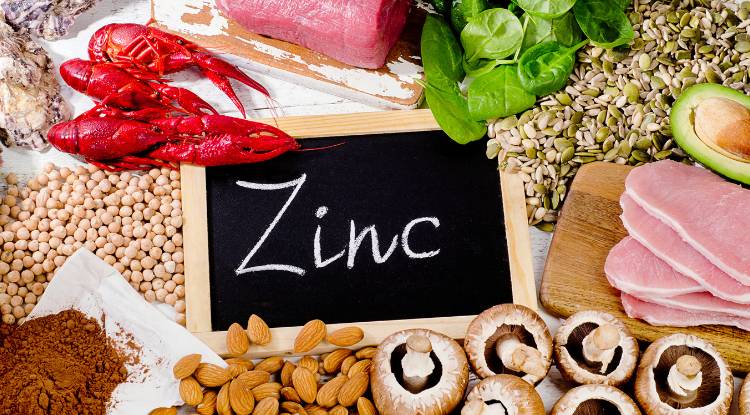Zinc is often overshadowed by more popular nutrients like vitamin C or iron, yet it plays a crucial role in maintaining a strong immune system, healing wounds, and supporting growth and development. Found in a variety of foods including red meat, shellfish, legumes, and seeds, zinc is an essential trace mineral that the body cannot store, making regular intake vital. Despite its importance, mild zinc deficiency is more common than many realize, especially in individuals following restrictive diets or suffering from chronic illnesses.
One of zinc’s lesser-known benefits is its impact on taste and smell. A deficiency can dull these senses, subtly reducing appetite and interest in food, which may lead to further nutrient imbalances. Moreover, zinc supports enzymes involved in DNA synthesis and cell division, which is particularly critical for children, teenagers, and pregnant women. Research has also indicated that zinc supplementation may help reduce the duration of common cold symptoms when taken early, making it a favorite in natural immune-boosting protocols.
To boost zinc intake naturally, consider including foods like chickpeas, pumpkin seeds, and fortified cereals in your diet. However, excessive zinc supplementation can interfere with copper absorption, so balance is key. Consulting a healthcare provider before starting any supplement is wise. With its wide-ranging benefits and essential role in overall health, zinc deserves more attention in daily nutritional planning.




